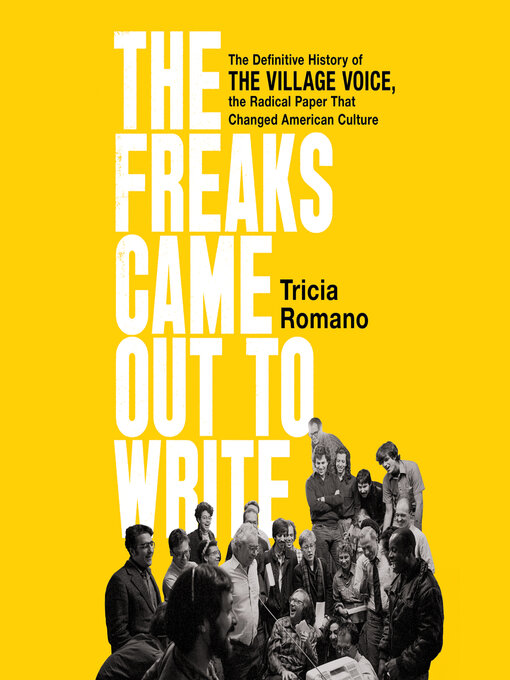- New eBook additions
- Cozy Mystery eBooks
- Western eBooks
- Available now
- New teen additions
- E-books - available now
- Try something different
- Great Graphic Novels
- See all ebooks collections
- Available now
- Lively Listens
- Historical Romance Listens
- On the Edge of your Seat
- Kiss and Tell
- Great Narrators
- New audiobook additions
- New Audiobook Nonfiction
- New teen additions
- New kids additions
- Wild West Audiobooks
- See all audiobooks collections
- Libby Magazines - Top 100 Titles
- Cooking & Food
- Home & Garden
- Fashion
- News & Politics
- Sports
- Celebrity
- Business & Finance
- Kids & Teens
- Science
- See all magazines collections

